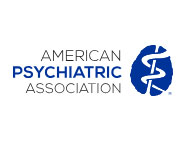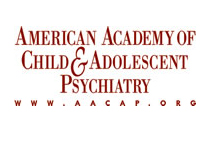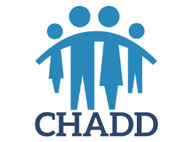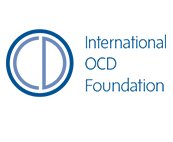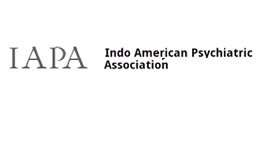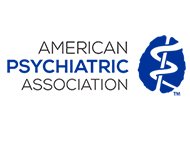Diabetes
Diabetes is a chronic metabolic disorder characterized by hyperglycemia, the presence of high glucose level in the blood. The level of glucose in the blood is regulated by insulin hormone. Impaired production, action or both of insulin increases glucose level in the blood leading to hyperglycemia and uncontrolled hyperglycemia damages various organ systems of the body including cardiovascular system, eyes, kidneys, nerves, and blood vessels. Thus timely detection and management of blood glucose level to normal is crucial to prevent long term serious complications of diabetes.
Diabetes is classified into four types based on the cause or treatment approaches,
- Type 1 diabetes
- Type 2 diabetes
- Gestational diabetes
- Secondary diabetes
Type-1 Diabetes
Diabetes in children less than 10 years of age is usually type-1. Type-1 diabetes is caused by the destruction of the insulin producing beta cells of the pancreas by the impaired immune response. Early symptoms include:
- Constant hunger
- Weight loss
- Blurred vision
- Increased thirst and urination
- Feeling tired
As the diabetes progresses the child may complaint of stomach pain, vomiting and frequent urination.
The management of type-1 diabetes includes giving insulin by either injection or through insulin pump, nutrition management and physical activity.
Type- 2 Diabetes
Type 2 diabetes develops because of lack of sensitivity of the receptors to insulin. Receptors are the transport system that enables insulin to enter the cells and metabolize the carbohydrates stored in the cells. Because of loss of sensitivity to insulin, although sufficient amount of insulin is available, the receptors fail to allow the insulin into the body cells thereby inhibit the breakdown of carbohydrates in the cells and cause hyperglycemia.
Type 2 diabetes was more common in adults but is in the rise in incidence in children primarily due to the epidemic of childhood obesity worldwide. It is increasingly diagnosed in children ages 10 or older. The symptoms of type-2 diabetes are same as that of type-1 diabetes and in certain cases the child may not show any symptoms at all. Important aspect of diabetes management is lifestyle changes that include diet modification, increased/moderate physical activity and medical treatment. Medical treatment includes medications to lower the glucose known as oral hypoglycemic agents and/or insulin therapy. Regular monitoring of blood glucose is necessary to prevent long term complications of the disease.
Gestational Diabetes
Gestational diabetes is a type of diabetes seen in women during pregnancy. Pregnant women develop this form of diabetes because of hormonal changes seen during pregnancy. These hormonal changes alter the insulin activity leading to hyperglycemia finally causes diabetes. Gestation diabetes may subside after the delivery of child however the condition may put some women at risk of developing diabetes in future. Treatment options include oral hypoglycemic agents, insulin therapy, and lifestyle modifications.
Secondary Diabetes
Secondary diabetes is the condition caused as a secondary effect of certain disease conditions. These conditions include pancreatic disease, hormonal disorders, insulin receptor abnormalities and certain genetic disorders. The treatment options include a similar approach as to Type 2 diabetes treatment.
Dr.Kothari is amazing! She has been my doctor for years...
I have been a patient of Dr. Kothari for over three years. She has invested her heart...
Dr. Kothari has been seeing my sons for seven years. She is a wonderful resource...
Dr. Kothari is very caring. Appointments and waiting times are great...
When we started seeing Dr. Kothari, my son was dealing with a great...
Dr. Kothari has saved my life, this I can say without reservation...

 Patient Forms
Patient Forms Videos
Videos Location
Location





